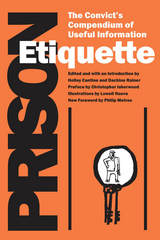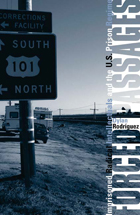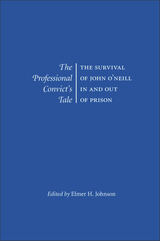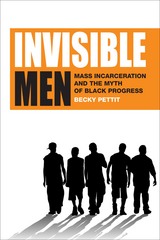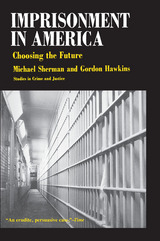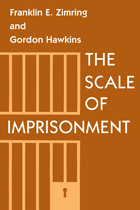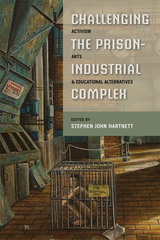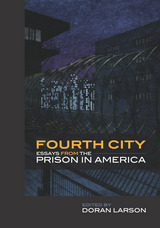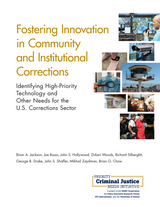A Wall Is Just a Wall: The Permeability of the Prison in the Twentieth-Century United States
Duke University Press, 2024
Paper: 978-1-4780-3013-3 | Cloth: 978-1-4780-2587-0 | eISBN: 978-1-4780-2588-7
Library of Congress Classification HV9469.H55 2024
See other books on: Family relationships | Penology | Prison | Prison administration | Prisoners
See other titles from Duke University Press
Paper: 978-1-4780-3013-3 | Cloth: 978-1-4780-2587-0 | eISBN: 978-1-4780-2588-7
Library of Congress Classification HV9469.H55 2024
ABOUT THIS BOOK | AUTHOR BIOGRAPHY | REVIEWS | TOC | REQUEST ACCESSIBLE FILE
ABOUT THIS BOOK
Throughout the twentieth century, even the harshest prison systems in the United States were rather porous. Incarcerated people were regularly released from prison for Christmas holidays; the wives of incarcerated men could visit for seventy-two hours relatively unsupervised; and governors routinely commuted the sentences of people convicted of murder. By the 1990s, these practices had become rarer as politicians and the media—in contrast to corrections officials—described the public as potential victims who required constant protection against the threat of violence. In A Wall Is Just a Wall Reiko Hillyer focuses on gubernatorial clemency, furlough, and conjugal visits to examine the origins and decline of practices that allowed incarcerated people to transcend prison boundaries. Illuminating prisoners’ lived experiences as they suffered, critiqued, survived, and resisted changing penal practices, she shows that the current impermeability of the prison is a recent, uneven, and contested phenomenon. By tracking the “thickening” of prison walls, Hillyer historicizes changing ideas of risk, the growing bipartisan acceptance of permanent exile and fixing the convicted at the moment of their crime as a form of punishment, and prisoners’ efforts to resist.
See other books on: Family relationships | Penology | Prison | Prison administration | Prisoners
See other titles from Duke University Press




